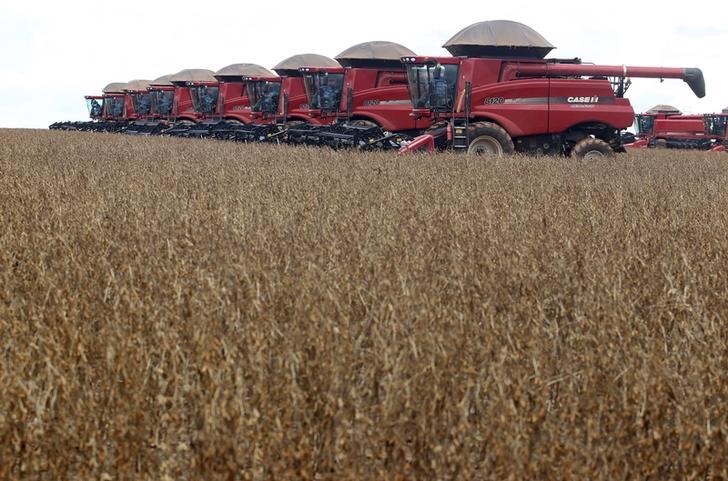China's drive towards self-sufficiency in soybeans, a crucial commodity for human and animal protein consumption, is altering global agricultural trading flows. The push for independence in food security is a response to geopolitical tensions, escalating global food prices due to the COVID-19 pandemic and Russia's invasion of Ukraine, and historical events such as Mao Zedong’s Great Leap Forward and US food blockades during WWII.
The nation has achieved high self-sufficiency rates for staples like rice and wheat through protective tariffs, farmer subsidies, and large government-run grain warehouses. However, soybeans present a unique challenge due to unfavorable growing conditions and resistance to genetically modified (GM) crops. Approximately 75% of China's soybean imports are sourced from the US and Brazil.
In response to the 2018 US-China trade war, China sought to diversify its soybean sources and increase local production. Despite these efforts, local supplies can't offset the shortfall from US imports due to market demand and limited arable land, according to Darin Friedrichs of Sitonia Consulting.
President Xi Jinping's domestic policies promoting self-sufficiency underline China's need for independent food security. While these policies are altering global agricultural trading flows, experts contend that market forces remain dominant. The Chinese government's ability to enforce self-sufficiency targets is constrained by financial limitations and a fragmented agricultural sector. The small scale of Chinese farms also impedes the adoption of high-tech farming practices, such as GPS monitoring devices, commonly used in the US and Brazil.
This article was generated with the support of AI and reviewed by an editor. For more information see our T&C.
